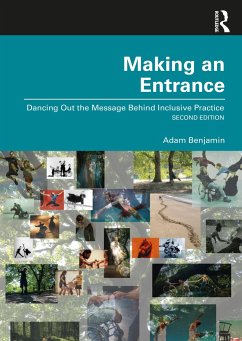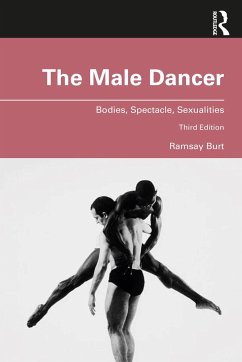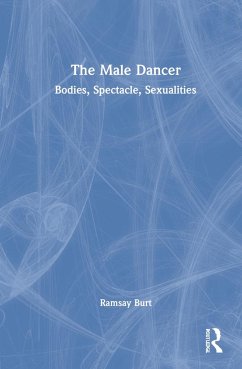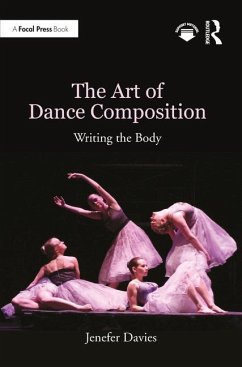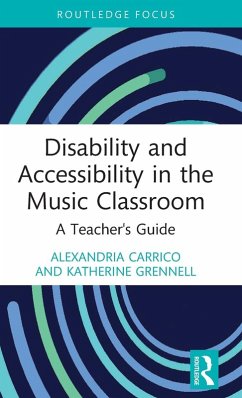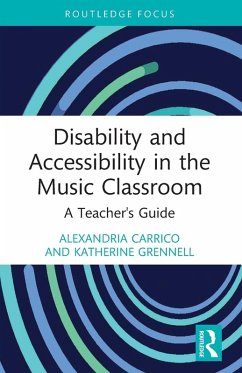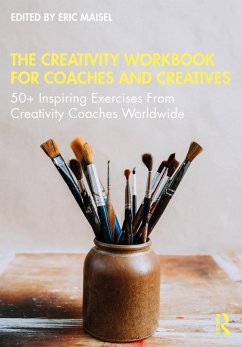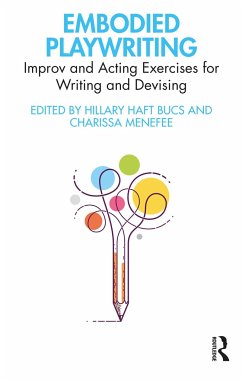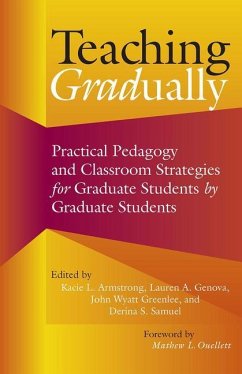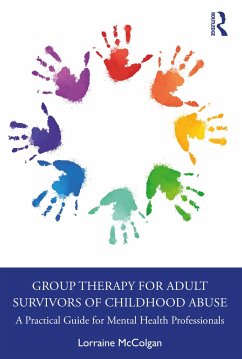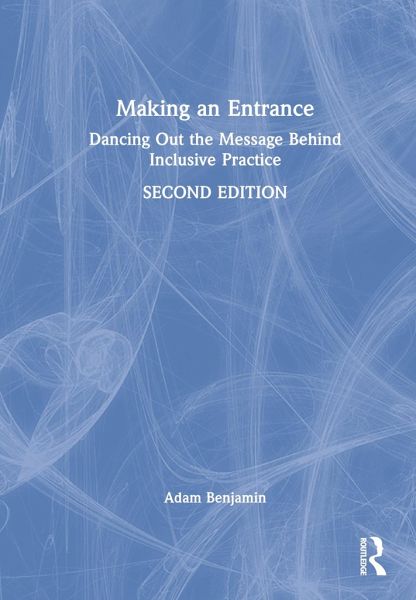
Making an Entrance
Dancing Out the Message Behind Inclusive Practice
Versandkostenfrei!
Versandfertig in 6-10 Tagen
154,99 €
inkl. MwSt.
Weitere Ausgaben:

PAYBACK Punkte
77 °P sammeln!
This second edition of Making an Entrance is a practical and thought-provoking introduction to teaching dance with disabled and non-disabled students, updated with expanded coverage, new and revised exercises, and chapters that cover post-pandemic and online practice, diversity and inclusivity.With improvisation as his central concern Benjamin covers an extensive range of topics, including new autoethnographic writing, mental health, performance, feedback, and The Dancers' Forest, and interrogates what we mean when we talk about 'inclusive' and 'integrated dance.' There are over 50 stimulating...
This second edition of Making an Entrance is a practical and thought-provoking introduction to teaching dance with disabled and non-disabled students, updated with expanded coverage, new and revised exercises, and chapters that cover post-pandemic and online practice, diversity and inclusivity.
With improvisation as his central concern Benjamin covers an extensive range of topics, including new autoethnographic writing, mental health, performance, feedback, and The Dancers' Forest, and interrogates what we mean when we talk about 'inclusive' and 'integrated dance.' There are over 50 stimulating and challenging exercises purposefully designed for dance students of all levels accompanied by teaching notes, and examples drawn from the author's experience as a teacher, performer, and dance maker. Useful hints are provided on the practicalities of setting up workshops covering issues such as class sizes, the safety aspects of wheelchairs and accessibility.
An essential read for both students and teachers of improvisation who are seeking ways to engage with issues of diversity, written to be accessible whilst offering areas of increasing complexity and challenge for more experienced practitioners.
With improvisation as his central concern Benjamin covers an extensive range of topics, including new autoethnographic writing, mental health, performance, feedback, and The Dancers' Forest, and interrogates what we mean when we talk about 'inclusive' and 'integrated dance.' There are over 50 stimulating and challenging exercises purposefully designed for dance students of all levels accompanied by teaching notes, and examples drawn from the author's experience as a teacher, performer, and dance maker. Useful hints are provided on the practicalities of setting up workshops covering issues such as class sizes, the safety aspects of wheelchairs and accessibility.
An essential read for both students and teachers of improvisation who are seeking ways to engage with issues of diversity, written to be accessible whilst offering areas of increasing complexity and challenge for more experienced practitioners.





